Establishing a business can be a complicated process and requires knowledge of business structures, laws, taxes, and finances, amongst many other aspects. There are different ways to establish an owner-operator trucking business. Choosing the right one depends on your needs and preferences as a business owner. Here are the three most common business structures for owner-operators in the transportation industry.
Sole Proprietorship
A sole proprietorship is the simplest form of a business model, with a single owner-operator. This is not a legal entity and is not viewed as between the entity and the owner. A sole proprietorship is the most cost-effective business model, doesn’t require a formal set up, and has simple tax handling.
The sole proprietorship is a good model with many advantages but some disadvantages too. As the business owner, you’ll be held liable for damages and medical expenses in the event of an accident, as you have no legal protections under a company structure. The owner is also personally responsible for any debt that the business incurs. Partnership
Partnership
A partnership is similar to a sole proprietorship but has two or more owners. The owners agree to cooperate to advance their mutual interests. The individual owners are taxed separately, similarly to a sole proprietorship.
A written agreement should state the business’s responsibility, duties, and financial terms and be used in the case of the business dissolving. There are several advantages to this business model, including access to more financial resources, greater borrowing capacities, and having a co-driver to help cover longer distances. Combining skills and expertise in a partnership is an excellent way to ensure the success of a business.
The disadvantages of a partnership are the same as a sole proprietorship, with the additional risk of the business partner’s actions affecting your business. Choosing the right partner is imperative to a successful partnership.
Limited Liability Company
A Limited Liability Company (LLC) limits the owners’ liability, splitting the business and owner into separate entities. An LLC has many advantages for owners. These include the business taking responsibility for debts and expenses. The owners’ assets, like homes and bank accounts, are protected and cannot be used to collect business debts.
LLCs don’t pay specific taxes, but rather the income and expenses pass through the owner’s tax returns, and the owner pays personal tax on the business’s profits.
These legal protections are a huge advantage of an LLC, but this business model requires a lot of paperwork and specific requirements to establish as a company.
When establishing a successful trucking business, these three business structures are the most valuable to know about. Knowing the disadvantages and advantages of each structure will guide you in making the best decision for your business.
Being your own boss comes with lots of upsides but presents its share of challenges too. Let TBS Factoring help you overcome some of those challenges with our cash flow solutions, truckers bookkeeping services, back-office support, DOT compliance services, insurance help, trucking permit services, and more. That way you can focus on what’s most important: building your business.

